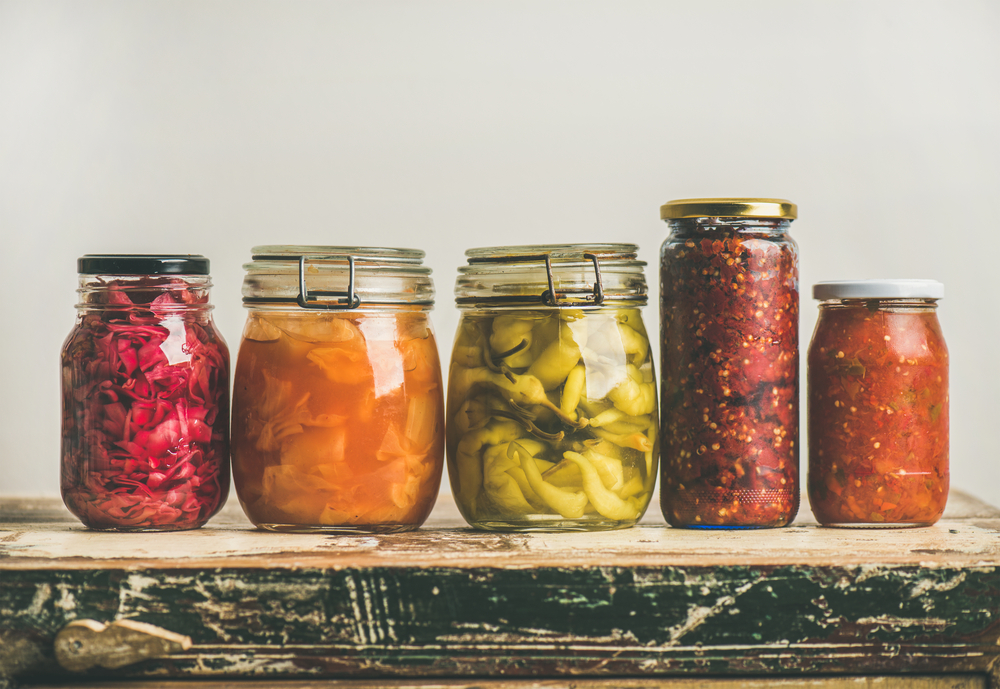We are living in a time where it’s becoming more difficult to live sustainably. Things are made to be used and thrown away, and we are more likely to replace something than try to repair it. In this culture of waste, how can we break out of this cycle and reduce our waste and environmental impact? Luckily, we only need to look at our grandparents’ generation to get some valuable tips.
Break the disposable habit
Look around your home and find your most commonly-used paper products. Things like paper plates, paper towels, and paper napkins can easily be replaced by reusable cloth versions. For spills, grab a handy microfiber cloth instead. Invest in a beautiful set of sturdy cloth napkins that will last for years and you will not only reduce your daily waste—you’ll also save a lot of money over time. If you want to take this a step further, think about skipping the tissues and start bringing a reusable handkerchief with you wherever you go. These washable alternatives are great for cutting down on what would normally end up in a landfill and they do not require cutting down trees.
Refill and repurpose containers
Looking around our grandparents’ kitchens, it would be difficult to spot piles of plastic food storage containers. This is because previous generations were experts at reusing containers that were already available to them, many of which were glass. Instead of buying plastic wrap and Tupperware, use large glass jars to store food, leftovers, or prepared ingredients. Waxed paper is another great plastic-free storage material, which beats plastic in sustainability because it is generally compostable.
Grow your own
Our grandparents might have been shocked at the amount of plastic used to package our fruits and vegetables. The plastic boxes, wrapping, and bags that surrounds our produce is a major source of waste. Do what our grandparents did—start a garden! If you have the space, it is possible to grow many vegetables easily. But if you don’t have room for an entire garden, start small with a counter top herb garden. The more of your food you are able to grow, the more packaging waste you keep out of the landfill.
Repair, don’t replace
Our grandparent’s generation fixed what they had instead of just running out to replace it and throwing away the old one. Learn how to do simple repairs to household items. Or, if you aren’t handy at repairing things yourself, there is likely someone in your town that is. Look out for small appliance repair shops when your toaster or microwave breaks. Have clothing mended by a seamstress instead of dumping it into the trash. Take your shoes in to be re-soled instead of tossing them. Every item you repair is one less item in our landfills.
Our grandparents grew up in a culture that was naturally more sustainable. If we adopt some of these practices, we can bring those values to our time, too.










